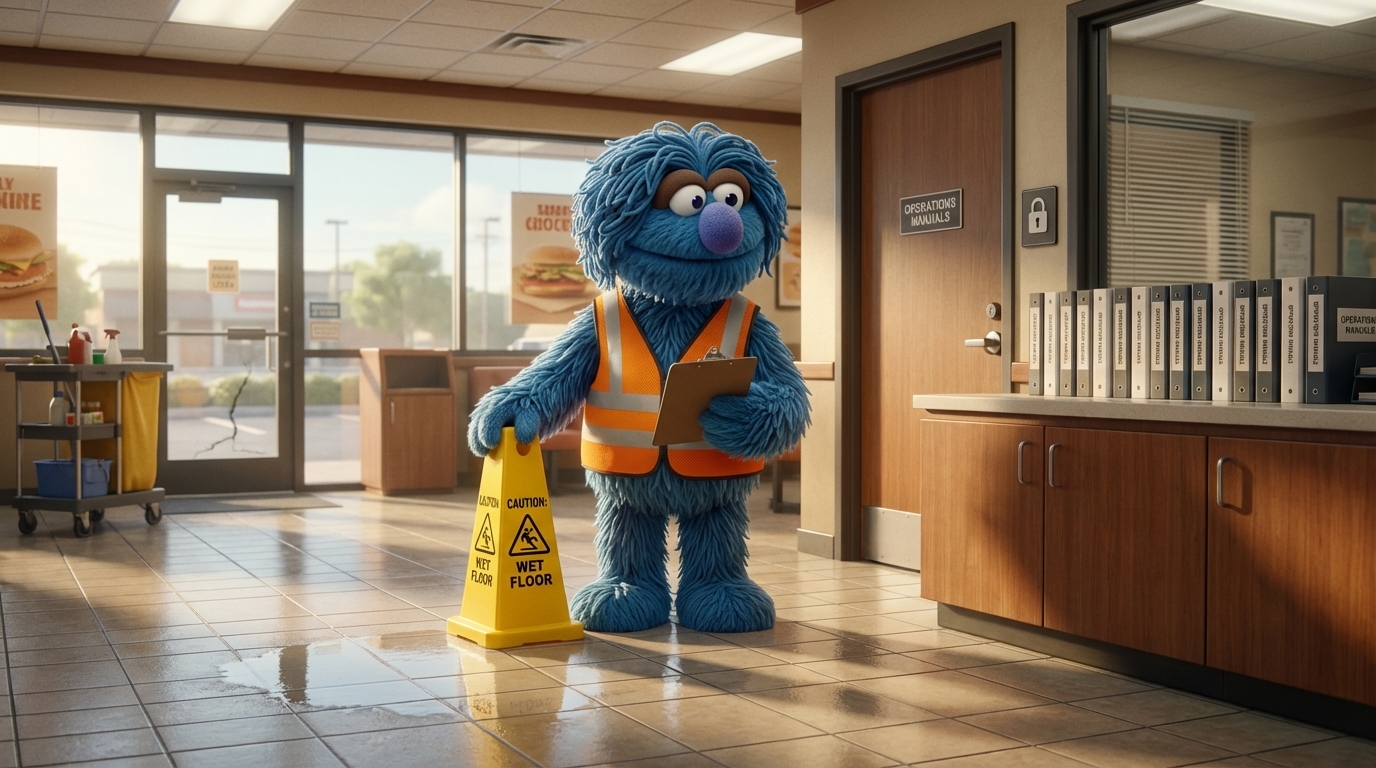When the Other Side Won’t Play Ball: Motions to Compel in North Carolina
If you’ve ever found yourself in a lawsuit in North Carolina, you know the frustration of the other party stonewalling and refusing to hand over key evidence. Whether it’s documents, records, or even just straightforward answers to questions, sometimes the opposition simply won’t cooperate during the discovery process. Thankfully, there’s a powerful tool we can use to fight back against these games—the motion to compel.
What Exactly is a Motion to Compel?
A motion to compel is a formal request asking the court to step in and compel (force) the other side to cooperate with the discovery process. These motions are commonly used when one party has flat out refused to respond to requests for documents, answers to interrogatories, requests for admission, or even to show up for a deposition.
Let’s make this more concrete with an example. Imagine you’ve been injured in a tractor-trailer wreck in Davidson County. Despite sending formal requests, the trucking company just won’t hand over the driver’s logbooks and maintenance records for the rig involved. Those could prove to be pivotal evidence showing violations that led to the crash. By filing a motion to compel, you’re asking the court to order those records produced—no more games.
Why Motions to Compel Matter
At their core, these motions are about upholding fairness and equality in the judicial process. If one side could just stonewall and cover up damning evidence, the justice system would have a gaping flaw. Motions to compel level that playing field and prevent the other party from gaining an unfair advantage.
The truth is, delaying and obstructing the free flow of evidence to the opposing side is a common stall tactic by some unscrupulous parties. A motion to compel breaks through those delaying maneuvers.
Filing a Motion to Compel in North Carolina
So how exactly does one go about filing a motion to compel in North Carolina state courts? The process starts with submitting the formal written motion itself. This should lay out the specific requests that have gone unanswered and make a legal argument for why a court order is proper under the Rules of Civil Procedure.
From there, the court will schedule a hearing where both sides can make their case before a judge. Experienced attorneys know how to effectively advocate for why your requests were legitimate and the other side had no valid justification for withholding the evidence. Judges tend to look skeptically on parties playing games with discovery. So as long as the requests were reasonable in scope, courts frequently grant motions to compel.
What’s more, the sanctions can go beyond simply ordering the production of documents. North Carolina judges also have the option to award attorney’s fees and expenses caused by the other side’s failure to cooperate. Some particularly egregious violations of discovery duties can even merit rulings that specific facts be deemed admitted.
Wrapping It Up
At the end of the day, motions to compel play a crucial role in keeping discovery fair and keeping cases moving forward. If you find yourself squaring off against an obstructionist opponent who thinks they can cheat their way to an advantage, remember that you always have the option of asking the court to step in and compel their cooperation.
Is there something we can help you with?
Fill out this form and we’ll reach out quickly to learn more about your situation. We’ll never pressure you. We’re just here to help you understand your rights. Keep in mind, we aren't your lawyers yet—so don't tell us anything that you would not want the other side to know!
Crossing the Center Line: Navigating Liability and Recovery After a Head-On Collision in North Carolina

The Hidden Financial Costs of a Serious Injury in North Carolina: What Your Personal Injury Claim Can Cover

Injured at a Chain Restaurant in North Carolina? Who’s Liable—Franchisee, Franchisor, or Both?

How Digital Evidence Can Make or Break Your North Carolina Personal Injury Case

Wrongful Death vs. Survival Actions in North Carolina: A Clear Guide for Grieving Families

Injured with a Preexisting Condition? How North Carolina’s Eggshell Plaintiff Rule Protects Your Personal Injury Claim

Health Insurance Liens Simplified

What to Do If You Think Your Doctor Has Made a Mistake

What Does it Mean to Hire a Lawyer On a Contingency Fee?

How to Choose the Right Personal Injury Lawyer: A North Carolinian’s Guide

